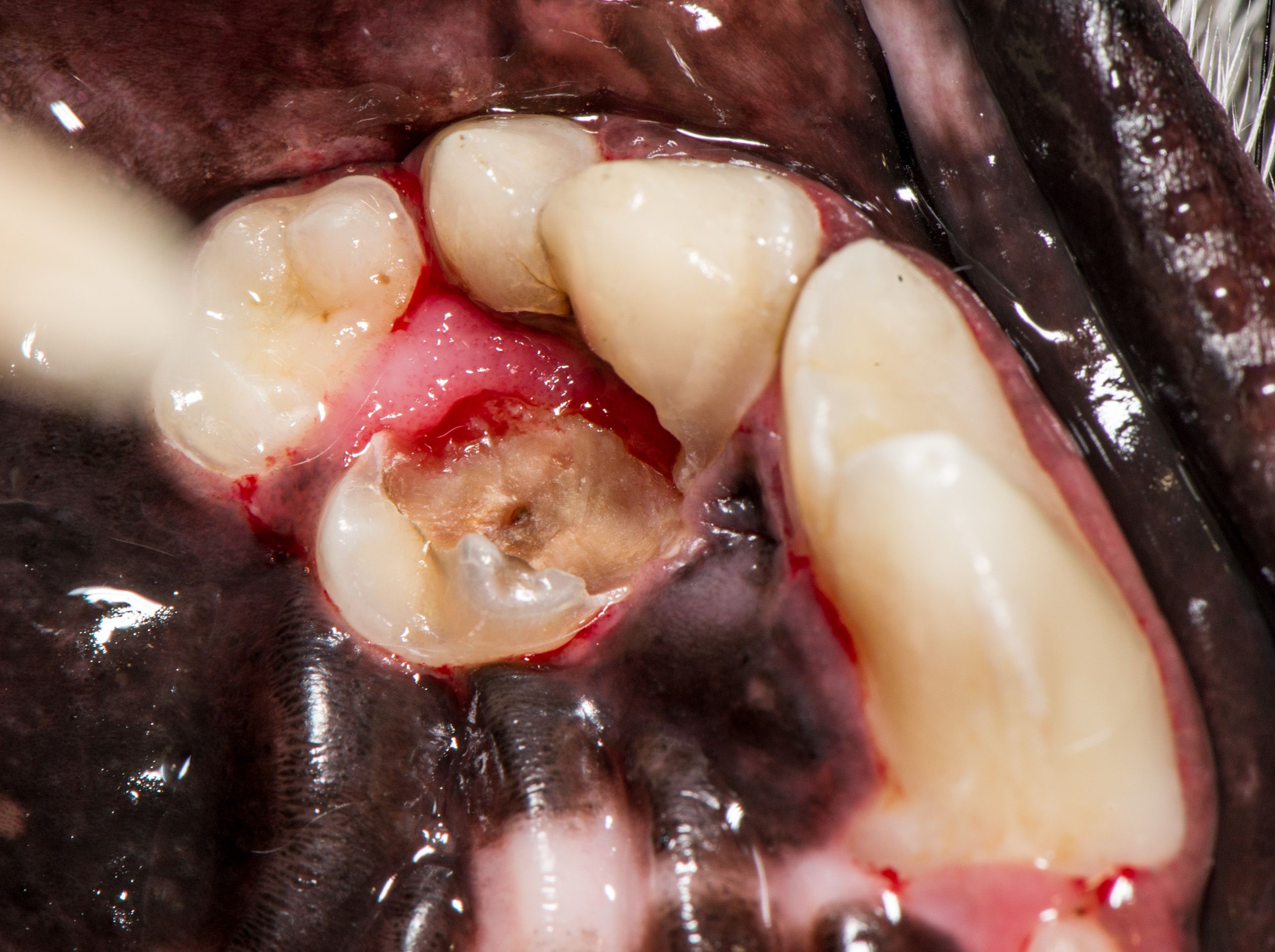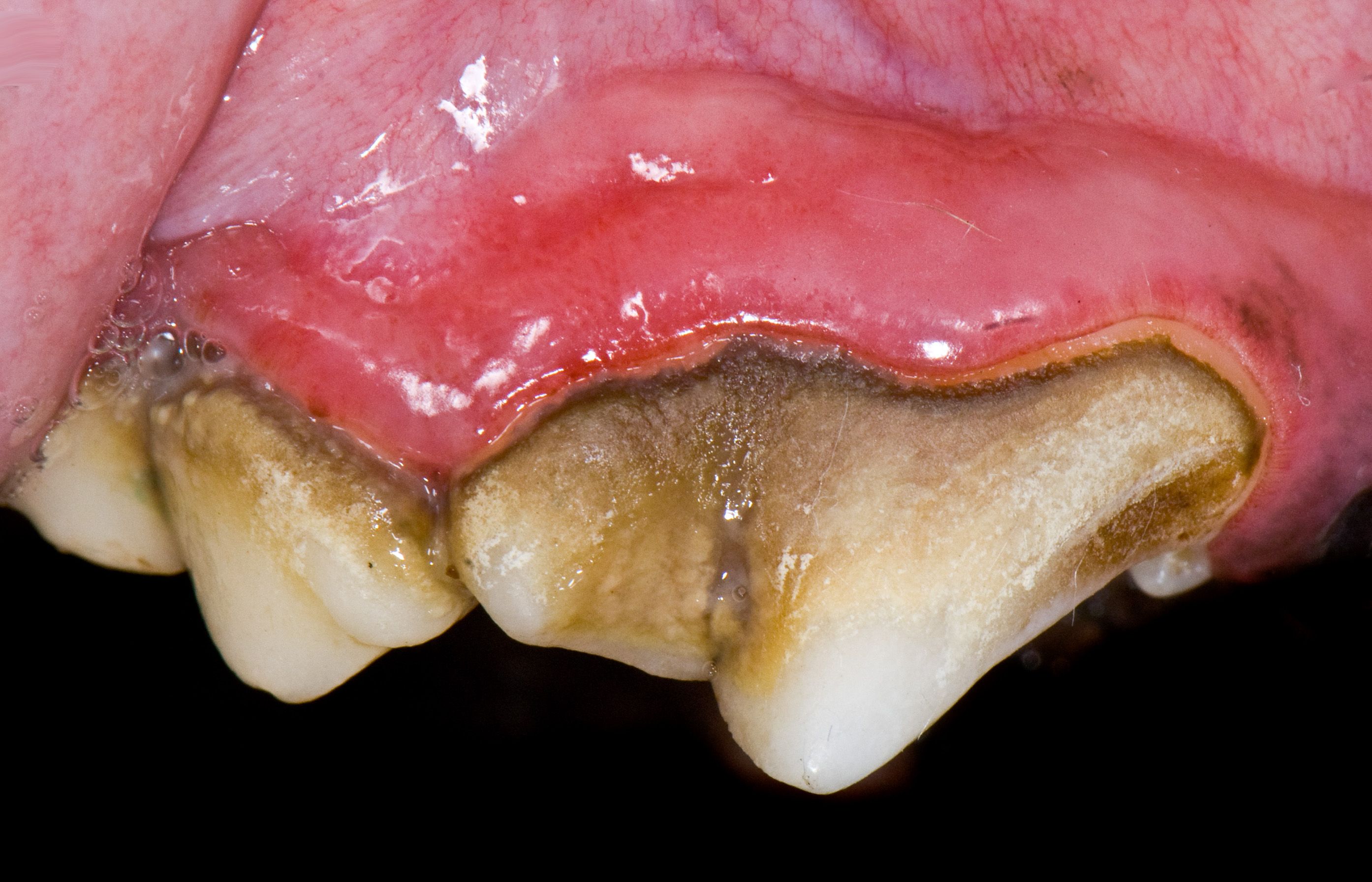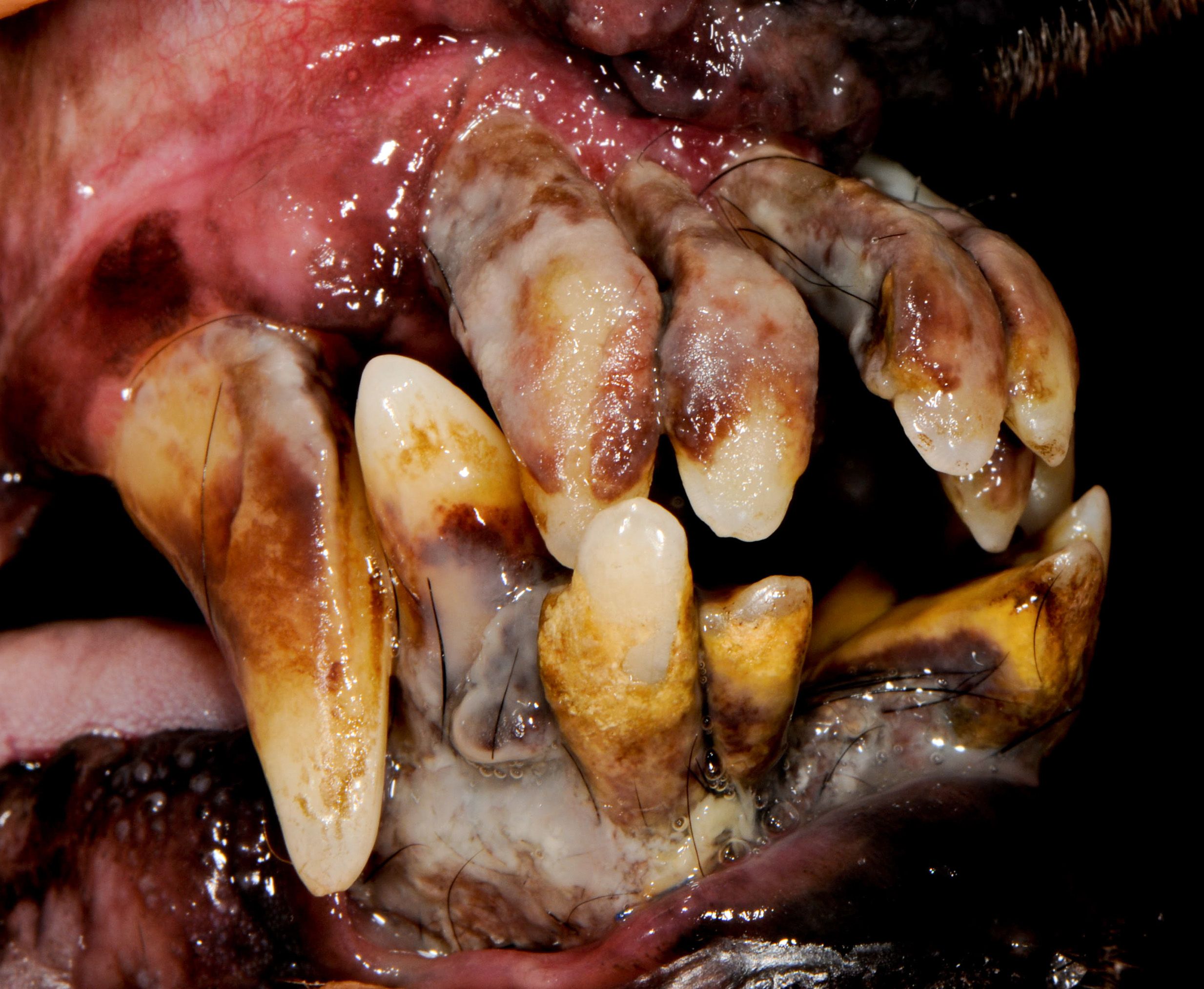Oral health in man's best friend
DPR sat down with Dr. Jan Bellows, a board certified veterinary dentist and president of the American Veterinary Dental College, to discuss veterinary dentistry, and what that can mean for man's best friend.
DPR sat down with Dr. Jan Bellows, a board certified veterinary dentist and president of the American Veterinary Dental College, to discuss veterinary dentistry, and what that can mean for man's best friend.
He practices veterinary dentistry with his dental resident, Dr. Elizabeth McMorran, at All Pets Dental in Weston, Fla.
Although we missed National Pet Dental Health Month, we wanted to remind you that oral hygiene for your dog should be part of your daily routine. I recently spoke with Dr. Bellows about routine dog oral hygiene, tooth decay and periodontal disease in dogs.
What recommendations should veterinarians make to pet owners regarding routine dog oral hygiene?
The best recommendation is for pet owners to brush their pet’s teeth twice a day. However, 95 percent of pet owners don’t do that. So, the secondary best recommendation is to use a dental wipe infused with sodium metahexaphosphate twice daily. Again, 80 percent of pet owners do not follow this recommendation. What’s left is to tell pet owners to use products recommended by the Veterinary Oral Health Council (VOHC), a FDA sanctioned organization that is similar to the ADA. These accepted products will decrease plaque and tartar by 20 percent. Additionally, Virbac offers pet toothbrushes, toothpastes, and oral hygiene kits.
Veterinarians should also tell pet owners to stay away from bones, nylon products, antlers, ice cubes and cow hooves that may break their pet’s teeth. Just remember, anything you feed your pet must bend.

Dental caries in dog.
Are there any products that you find beneficial to maintaining proper dog oral hygiene?
Dental diets that are accepted by the VOHC can help maintain oral hygiene in pets. Some of these diets work mechanically, some chemically, and some by both methods.
Why is tooth decay rare in dogs?
Tooth decay is rare in dogs because their enamel is thicker. Tooth decay does occur in the maxillary front molars of Labradors. External root resorption is much more commonly diagnosed in dogs.

Early periodontal disease in dog.
Why is periodontal disease one of the most widespread conditions in dogs?
Because, unfortunately, animals do not brush their own teeth. Imagine if you did not brush your teeth, what would happen? Eighty-five percent of small animals over 3 years old have periodontal disease; it is a major problem.
Periodontal disease is the most common disease in small animals. There are four stages recognized to describe the disease. It is more common in the small breeds because clients feed soft food, the pet lives longer, and the teeth are closer together as compared to a German Shepard.
Is there a reason for why dogs are more prone to periodontal disease than humans, but less prone to tooth decay?
As in humans, periodontal disease in dogs is caused by the host’s response to plaque. Imagine if a human stopped brushing their teeth for months, they would undoubtedly develop periodontal disease.

Advanced periodontal disease in dog.
How do you treat periodontal disease in dogs?
First the teeth need to be cleaned above and below the marginal gingiva. Next each tooth is evaluated with a dental probe and intraoral digital imaging. The dog needs to be under general anesthesia for the procedure.
Treatment decisions are based on the degree of the disease and the ability of the owner to provide daily plaque control. In cases of advance periodontal disease, the veterinarian needs to extract the tooth or refer to a veterinary dentist for advanced periodontal surgery. In cases of stage 1, gingivitis, the teeth typically need cleaned and polished, and a sealant is applied. In Stage 2, there is often pocket formation, where we use a locally applied antimicrobial. In Stage 3 periodontal disease, we often use a diode laser as part of our treatment plan.
There are about 130 dental specialists that are board certified veterinary dentists by the American Veterinary Dental College in the United States. To receive this certification, these individuals go through a residency program.
How does this correlate with the treatment of periodontal disease in humans?
Treatment of periodontal disease in pets is similar to human treatment.
Floss & Flip Flops Episode 22: National Dental Hygiene Month
October 1st 2023Join the Sanders Sisters and Dr Anna Kay Thompson as they learn about the burning questions the medical community is not asking about oral health. Learn about all of the ways they are celebrating the good work of dental hygienists in their quest for whole-body health.